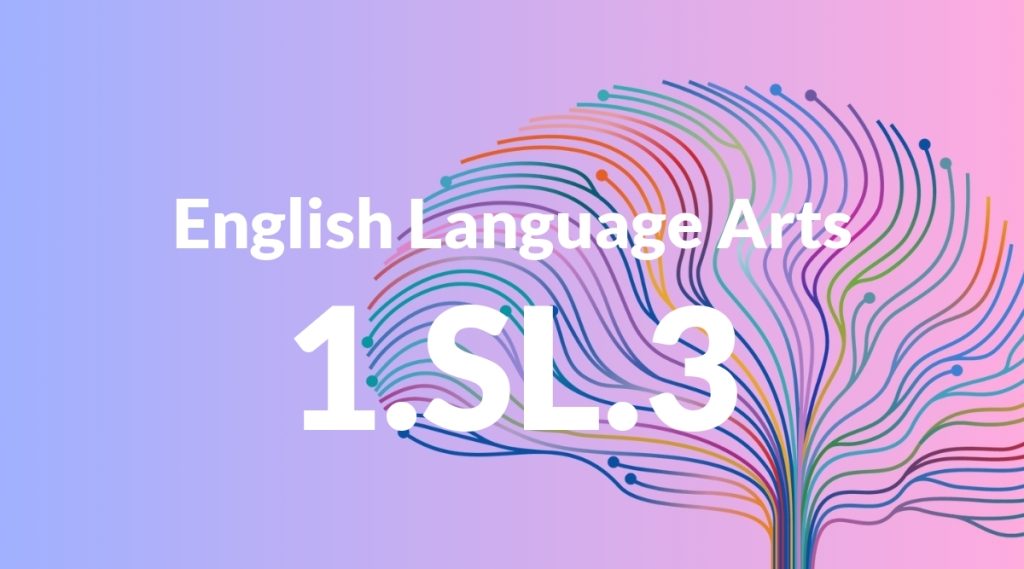Standard: 1.SL.3 – Ask and answer questions about what a speaker says in order to gather additional information or clarify something that is not understood.
Grade level: Grade 1
Subject: English Language Arts
Domain: Speaking & Listening
Teacher Overview
This standard emphasizes the importance of students being able to ask and answer questions to gather more information or clarify misunderstandings. It is crucial in developing effective communication skills and fostering an environment of active listening and engagement. Students should be comfortable with basic listening and speaking skills, such as following simple instructions and asking straightforward questions.
Mastering this standard will enable students to participate in more detailed and meaningful conversations, enhancing their overall communication skills.
Common Misconception 1
Some students may think that asking questions indicates they were not listening. This is incorrect because asking questions can actually show that they are engaged and want to understand better.
Intervention 1
Provide positive reinforcement when students ask questions and model how asking questions can lead to deeper understanding.
Common Misconception 2
Another misconception is that any question is appropriate, even if it is not related to the topic. This is incorrect because questions should be relevant to the discussion to be effective.
Intervention 2
Guide students in formulating relevant questions by practicing with examples and non-examples of good questioning.
Prerequisite Knowledge
Students should be able to listen attentively and understand basic spoken instructions and stories. They should also have some experience with asking simple questions and expressing their thoughts verbally.
Subsequent Knowledge
After mastering this standard, students will be able to engage in more complex discussions, provide detailed responses, and use questioning to deepen their understanding of various topics.
Instructional Activities
- Role-playing exercises where students practice asking and answering questions.
- Interactive read-aloud sessions with pauses for students to ask questions.
- Group discussions on a given topic with guided questioning.
- Question-and-answer games to reinforce the skill.




